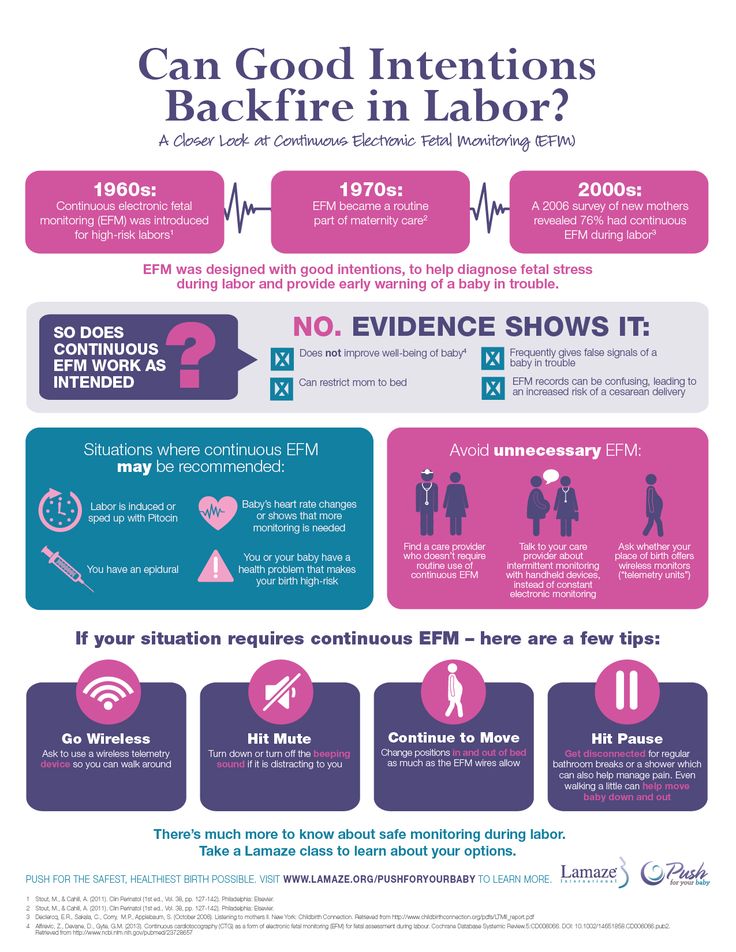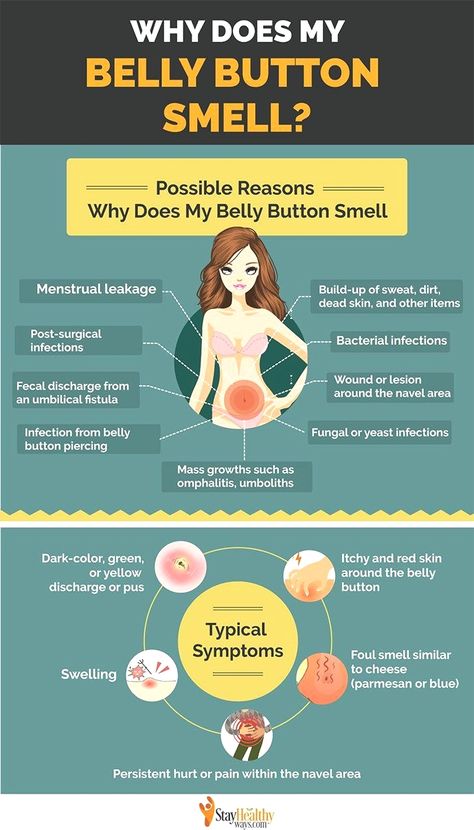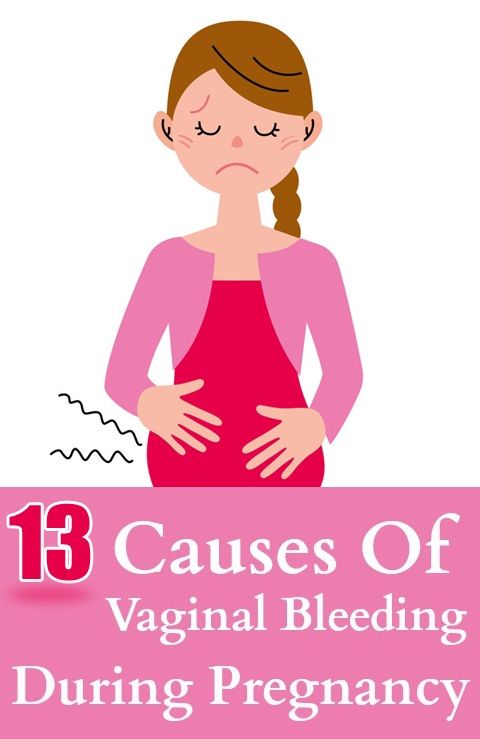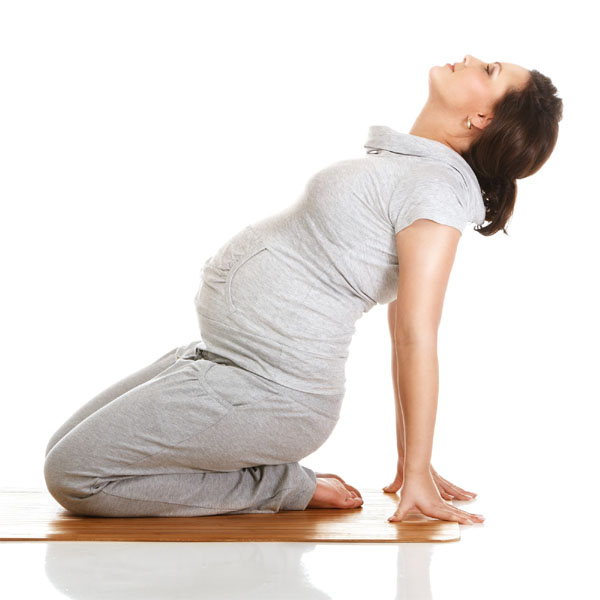Heartburn at night pregnancy symptom
Indigestion and heartburn in pregnancy
Indigestion, also called heartburn or acid reflux, is common in pregnancy. It can be caused by hormonal changes and the growing baby pressing against your stomach.
You can help ease indigestion and heartburn by making changes to your diet and lifestyle, and there are medicines that are safe to take in pregnancy.
Symptoms of indigestion and heartburn
Symptoms of indigestion and heartburn include:
- a burning sensation or pain in the chest
- feeling full, heavy or bloated
- burping or belching
- feeling or being sick
- bringing up food
Symptoms usually come on soon after eating or drinking, but there can sometimes be a delay between eating and developing indigestion.
You can get symptoms at any point during your pregnancy, but they are more common from 27 weeks onwards.
Things you can do to help with indigestion and heartburn
Changes to your diet and lifestyle may be enough to control your symptoms, particularly if they are mild.
Eat healthily
You're more likely to get indigestion if you're very full.
If you're pregnant, it may be tempting to eat more than you would normally, but this may not be good for you or your baby.
Find out more about a healthy diet in pregnancy and foods to avoid.
Change your eating and drinking habits
You may be able to control your indigestion with changes to your eating habits.
It can help to eat small meals often, rather than larger meals 3 times a day, and to not eat within 3 hours of going to bed at night.
Cutting down on drinks containing caffeine, and foods that are rich, spicy or fatty, can also ease symptoms.
Keep upright
Sit up straight when you eat. This will take the pressure off your stomach. Propping your head and shoulders up when you go to bed can stop stomach acid coming up while you sleep.
Stop smoking
Smoking when pregnant can cause indigestion, and can seriously affect the health of you and your unborn baby.
When you smoke, the chemicals you inhale can contribute to your indigestion. These chemicals can cause the ring of muscle at the lower end of your gullet to relax, which allows stomach acid to come back up more easily. This is known as acid reflux.
Smoking also increases the risk of:
- your baby being born prematurely (before week 37 of your pregnancy)
- your baby being born with a low birthweight
- sudden infant death syndrome (SIDS), or "cot death"
There's lots of help available to stop smoking.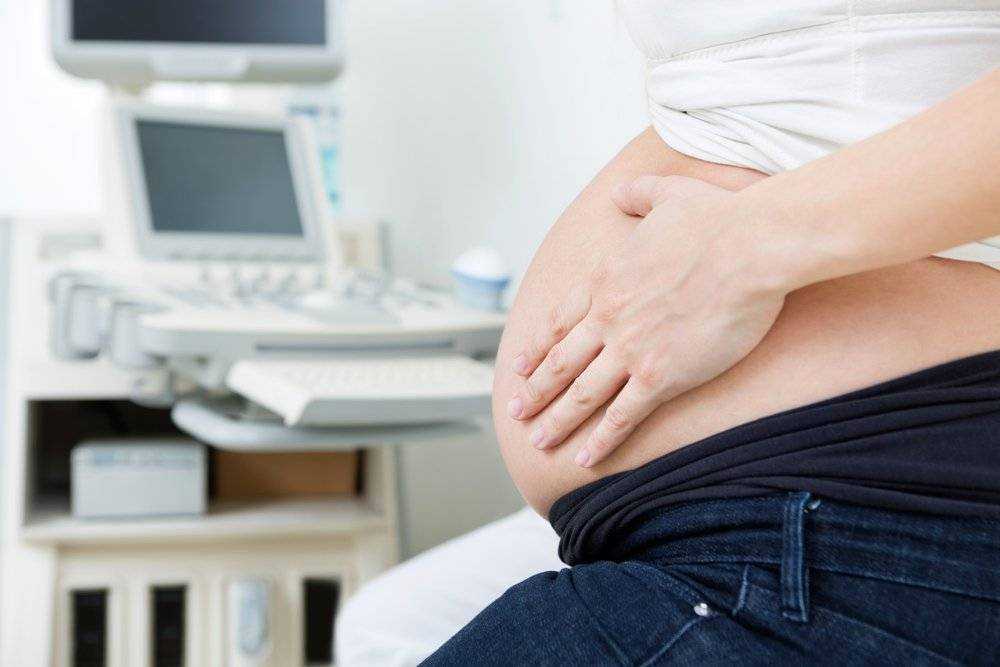 Talk to your midwife or call the NHS Smokefree helpline on 0300 123 1044. Find out more about stopping smoking in pregnancy.
Talk to your midwife or call the NHS Smokefree helpline on 0300 123 1044. Find out more about stopping smoking in pregnancy.
Avoid alcohol
Drinking alcohol can cause indigestion. During pregnancy, it can also lead to long-term harm to the baby. It's safest to not drink alcohol at all in pregnancy.
Find out more about alcohol and pregnancy
When to get medical help
See your midwife or GP if you need help managing your symptoms or if changes to your diet and lifestyle do not work. They may recommend medicine to ease your symptoms.
You should also see your midwife or GP if you have any of the following:
- difficulty eating or keeping food down
- weight loss
- stomach pains
Your midwife or GP may ask about your symptoms and examine you by pressing gently on different areas of your chest and stomach to see whether it's painful.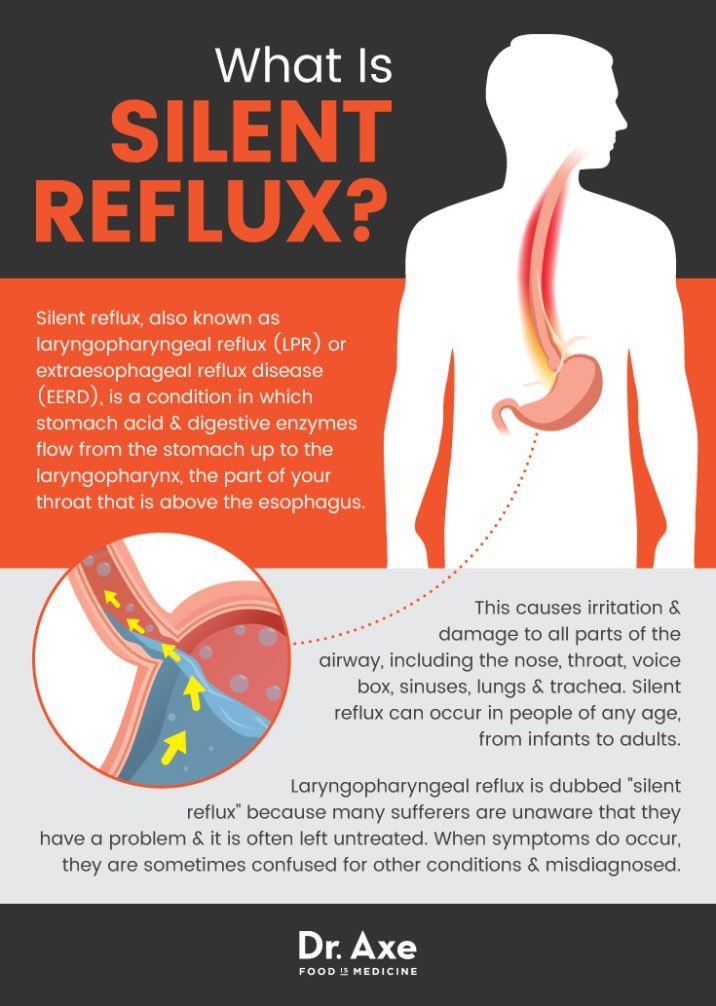
If you're taking prescription medicines
Speak to your GP if you're taking medicine for another condition, such as antidepressants, and you think it may be making your indigestion worse. They may be able to prescribe an alternative medicine.
Never stop taking a prescribed medicine unless you're advised to do so by your GP or another qualified healthcare professional who's responsible for your care.
Medicines for indigestion and heartburn
Medicines for indigestion and heartburn during pregnancy include:
- antacids – to neutralise the acid in your stomach (some are available over the counter from a pharmacist)
- alginates – to relieve indigestion caused by acid reflux by stopping the acid in your stomach coming back up your gullet
You may only need to take antacids and alginates when you start getting symptoms. However, your GP may recommend taking them before symptoms come on – for example, before a meal or before bed.
However, your GP may recommend taking them before symptoms come on – for example, before a meal or before bed.
If you're taking iron supplements as well as antacids, do not take them at the same time. Antacids can stop iron from being absorbed by your body.
If antacids and alginates do not improve your symptoms, your GP may prescribe a medicine to reduce the amount of acid in your stomach. 2 that are widely used in pregnancy and not known to be harmful to an unborn baby are:
- ranitidine – a tablet you take twice a day
- omeprazole – a tablet you take once a day
Causes of indigestion in pregnancy
Symptoms of indigestion come when the acid in your stomach irritates your stomach lining or your gullet. This causes pain and a burning feeling.
When you're pregnant, you're more likely to have indigestion because of:
- hormonal changes
- the growing baby pressing on your stomach
- the muscles between your stomach and gullet relaxing, allowing stomach acid to come back up
You may be more likely to get indigestion in pregnancy if:
- you had indigestion before you were pregnant
- you've been pregnant before
- you're in the later stages of pregnancy
Video: Eating well on a budget
In this video, a dietitian gives advice on how to eat healthily on a budget.
Media last reviewed: 13 January 2021
Media review due: 13 January 2024
Heartburn and indigestion (pregnancy sleep)
In this article
- What can cause heartburn at night?
- What are the symptoms of heartburn and indigestion?
- How can I avoid getting heartburn and indigestion at night?
- Is heartburn ever a sign of something more serious?
If your sleep is being disturbed by an uncomfortable burning sensation in your chest, you're not alone. Up to eight out of 10 mums-to-be experience heartburn and indigestion during pregnancy, particularly in the second and third trimesters. As well as the physical discomfort, it can be pretty annoying if you're trying to get to sleep. Try cutting down on fatty foods, eat small meals more often and don't eat too close to bedtime. Read on for more tips on relieving your symptoms.
What can cause heartburn at night?
Heartburn happens when your natural stomach acid comes up towards your throat. During pregnancy, your growing womb presses on your stomach, pushing the acid upwards. At the same time, pregnancy hormones relax the valve that normally keeps the acid in your stomach, so more of it can get through.
During pregnancy, your growing womb presses on your stomach, pushing the acid upwards. At the same time, pregnancy hormones relax the valve that normally keeps the acid in your stomach, so more of it can get through.
You may find that your indigestion and heartburn symptoms get worse when you're bending forwards, or when you're lying down at night. In these positions, it's easier for acid to make its way upwards.
What are the symptoms of heartburn and indigestion?
When heartburn strikes, you may feel a burning sensation in your chest or stomach. Symptoms of indigestion include burping, bloating and feeling generally uncomfortable. Unfortunately, digestion problems can also make pregnancy sickness worse.
The good news is that heartburn and indigestion are likely to go away once your baby is born.
Heartburn in pregnancy
Heartburn can be uncomfortable, but there are plenty of things you can try to relieve your symptoms. More pregnancy videos
More pregnancy videos
How can I avoid getting heartburn and indigestion at night?
There's no certain way to avoid getting heartburn or indigestion. But you can make simple lifestyle changes to lower your chances of being disturbed by them at night.
Your first step could be to cut down on foods that are known to trigger digestive problems. These include:
- rich, fatty or spicy foods
- tomato-based foods
- tea, coffee and other caffeinated drinks
- fruit juice
- fizzy drinks
- chocolate
- alcohol
Try keeping a food diary to see which foods are more likely to trigger heartburn.
If you smoke, stop. Smoking is dangerous for your health and the health of your growing baby, and among many side-effects, it also makes heartburn worse.
Here are some more practical tips to help you avoid pregnancy heartburn and indigestion:
- Instead of having three large meals, try eating smaller meals more often – about every three hours.

- Don't eat close to bedtime. Give yourself at least three hours to digest food before you lie down.
- Sit up as straight as you can while you’re eating. This helps to take the pressure off your stomach.
- Prop your head and shoulders up in bed using pillows, to stop stomach acid coming up while you sleep. Or raise the head of your bed using bricks, books or other sturdy objects. Most studies suggest that the ideal height of bed head elevation (the angle of the head of the bed) is between 15cm and 20cm (6in and 8in). This way, you’ll still be able to sleep on your side, but gravity might give you a little relief from your symptoms.
If you’re interested in complementary therapies, you could try acupuncture. There's very little evidence that it helps to relieve heartburn and indigestion in pregnancy, but some women say it helps them to sleep. Just make sure you find a qualified practitioner with experience of treating pregnant women.
If you've tried everything you can think of, and you’re still suffering, seek medical advice. Ask your midwife or pharmacist about an over-the-counter antacid or alginate that's safe to use during pregnancy. If these don't help, your GP may be able to prescribe you a different type of medicine to tackle your symptoms.
Is heartburn ever a sign of something more serious?
In most cases, heartburn is a perfectly normal symptom of pregnancy that should go away after your baby is born. So it shouldn’t be anything to worry about.
However, heartburn, when accompanied by other symptoms, can sometimes be a sign of a potentially serious condition called pre-eclampsia.
Talk to your midwife immediately if your heartburn doesn’t go away with antacids and is accompanied by other symptoms, such as:
- a bad headache
- vision problems such as blurring or flashing
- pain below the ribs
- feeling sick or vomiting
- feeling very unwell
- sudden swelling of the face, hands or feet
You may also like:
- Learn what to do when nausea strikes at night
- See our top tips for getting more sleep in pregnancy during your first trimester, second trimester and third trimester
- Get tips on easing constipation in pregnancy
- Check out pregnancy symptoms not to ignore
References
Knott L.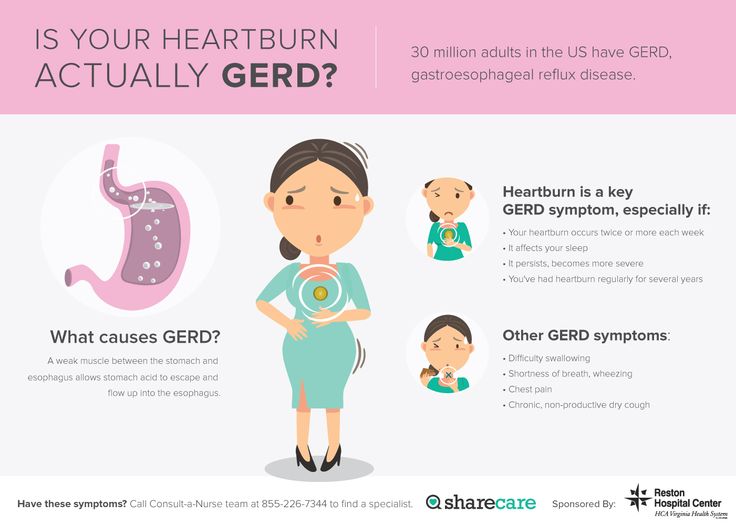 2020. Acid reflux and oesophagitis. Patient, Health Information. patient.info [Accessed March 2021]
2020. Acid reflux and oesophagitis. Patient, Health Information. patient.info [Accessed March 2021]
Murray I, Hendley J. 2020. Change and adaptation in pregnancy. In: Marshall J, Raynor M. eds. Myles textbook for midwives. 17th ed. Elsevier, 197-245 [Accessed March 2021]
NHS 2018. Pre-eclampsia. NHS Choices, Health A-Z. www.nhs.uk [Accessed March 2021]
NHS. 2020. Indigestion and heartburn in pregnancy. NHS Choices, Health A-Z. www.nhs.uk [Accessed March 2021]
NICE. 2017. Dyspepsia – pregnancy-associated. National Institute for Health and Care Excellence, Clinical Knowledge Summaries. cks.nice.org.uk [Accessed March 2021]
OPA. Nd. How to relieve acid reflux with a raised bed. Oesophageal Patients Association. opa.org.uk [Accessed May 2021]
Park J, Sohn Y, White AR et al. 2014. The safety of acupuncture during pregnancy: a systematic review. Acupunct Med 32(3): 257-66. www.ncbi.nlm.nih.gov [Accessed March 2021]
Phupong V, Hanprasertpong T. 2015. Interventions for heartburn in pregnancy. Cochrane Database Syst Rev 9: CD011379. onlinelibrary.wiley.com [Accessed March 2021]
2015. Interventions for heartburn in pregnancy. Cochrane Database Syst Rev 9: CD011379. onlinelibrary.wiley.com [Accessed March 2021]
Wilson S, Anderson K, Baldwin D, et al. 2019. British Association for Psychopharmacology consensus statement on evidence-based treatment of insomnia, parasomnias and circadian rhythm disorders: An update. J Psychopharmacol 33(8): 923-947. www.bap.org.uk [Accessed March 2021]
Show references Hide references
First signs of pregnancy before delay, early symptoms
Significant hormonal changes occur during pregnancy. This causes a number of symptoms. Some women experience pregnancy symptoms right away, while others may only have a few. About the first signs of pregnancy at an early stage and when exactly the initial signs of pregnancy appear are described in the article.
At what time do the first signs of pregnancy appear
The answer to the question when the first signs of pregnancy appear is quite ambiguous, because some women do not feel any signs at all during the first few weeks. At what week do the first signs of pregnancy appear in others? When do the first signs of pregnancy appear after conception? Symptoms of very early pregnancy (such as breast tenderness) may appear before a missed period, as early as six to seven days after conception, while other early signs of pregnancy (such as spotting) may appear about a week after ovulation. We will tell you more about the first signs of pregnancy before menstruation and when the signs of pregnancy appear.
At what week do the first signs of pregnancy appear in others? When do the first signs of pregnancy appear after conception? Symptoms of very early pregnancy (such as breast tenderness) may appear before a missed period, as early as six to seven days after conception, while other early signs of pregnancy (such as spotting) may appear about a week after ovulation. We will tell you more about the first signs of pregnancy before menstruation and when the signs of pregnancy appear.
What are the earliest signs of pregnancy?
The first signs of pregnancy in the early stages:
- delayed menstruation - 29%;
- nausea - 25%;
- mood swings - from 14 to 23%;
- breast changes - 17%;
- pain in the lower abdomen - 15%;
- depression - 15%;
- fatigue, drowsiness - 13%
- decrease in immunity - 6%;
- the first signs of pregnancy - discharge or implantation bleeding - only 3%.
Physiological first signs of pregnancy
What are the very first symptoms of pregnancy?
The most common physiological signs of pregnancy include:
- Tender and enlarged breasts.
:strip_icc():format(jpeg)/kly-media-production/medias/2785562/original/028627600_1556001360-shutterstock_1019963743.jpg) Signs of pregnancy in the first days after conception include breast changes (1-2 weeks after conception). The area around the nipples, called the areola, may also darken.
Signs of pregnancy in the first days after conception include breast changes (1-2 weeks after conception). The area around the nipples, called the areola, may also darken.
- Drowsiness and fatigue. Fatigue is also among the signs of pregnancy in the first days after conception. During early pregnancy, levels of the hormone progesterone rise dramatically, which can cause drowsiness.
- Nausea with vomiting. When do these signs of pregnancy appear? Morning sickness, which can appear at any time of the day or night, often appears between the second and eighth weeks after conception.
- Dizziness and fainting . This may be due to dilation of blood vessels, lowering blood pressure and blood sugar levels.
- Spasms. Some women experience symptoms of pregnancy in the early days, such as mild uterine cramps.

- Headaches and back pains. Many pregnant women complain of frequent headaches, while others experience back pain.
- Insomnia - another first sign of pregnancy before the test. Causes can include stress, physical discomfort, and hormonal changes.
- Change in taste preferences. Like most other symptoms of pregnancy, these eating habits can be attributed to hormonal changes.
- Temperature. Early signs of pregnancy include fever (37-37.5).
- Delayed menstruation. How long does it take for the first signs of pregnancy to appear? If you are of childbearing age and a week or more has passed without your expected period, you may be pregnant. However, this symptom can be misleading if you have an irregular menstrual cycle.
- Bloody discharge - the first signs of pregnancy .
 This bleeding, known as implantation bleeding, occurs when a fertilized egg attaches to the lining of the uterus, approximately 10 to 14 days after conception.
This bleeding, known as implantation bleeding, occurs when a fertilized egg attaches to the lining of the uterus, approximately 10 to 14 days after conception.
- Bloating, heartburn. Hormonal changes can cause problems with the stomach and esophagus - these are common signs of pregnancy at 2 weeks.
- Constipation . Hormonal changes cause the digestive system to slow down, which can lead to constipation (signs of pregnancy after a delay).
- Frequent urination. You may urinate more than usual, which is a common sign of pregnancy at 5 weeks. During pregnancy, the amount of blood in the body increases, causing the kidneys to process excess fluid that enters the bladder.
- Runny nose. The appearance of this symptom is associated with excessive production of the hormone estrogen.
- Exacerbation of chronic diseases.
 This is a sign of pregnancy after ovulation.
This is a sign of pregnancy after ovulation.
- Increased salivation. Also associated with hormonal changes.
- Sense of smell enhancement . Signs of pregnancy in the first two weeks may cause sensitivity to certain smells and the sense of taste may change.
Emotional first signs of pregnancy
The first signs of pregnancy before the delay (the earliest signs of pregnancy) include psycho-emotional symptoms.
- Mood swings.
- Irritability.
- Vulnerability, tearfulness.
- Capriciousness.
- Depression.
These are all emotional signs of early pregnancy that many women report. They describe feelings of heightened emotion or even bouts of crying, which are associated with rapid changes in hormone levels in the body. Also, signs of pregnancy at week 4 can make you feel PMS-style cranky. In addition, about 15% of women suffer from depression or anxiety during pregnancy.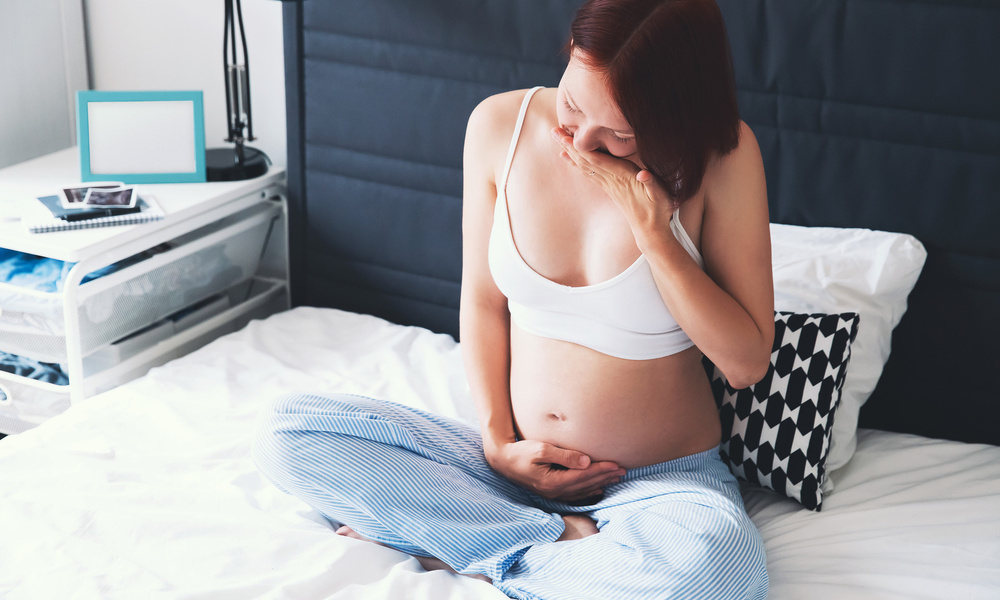 And after childbirth, these conditions suffer even more. In this case, it is better to seek help from a doctor.
And after childbirth, these conditions suffer even more. In this case, it is better to seek help from a doctor.
Do everything you can to improve your mood: get plenty of rest, eat well, get enough sleep, do things you love, and pamper yourself.
However, be aware that mood swings can be caused by a number of conditions other than pregnancy.
Influence of early pregnancy on daily routine
Early signs of pregnancy, mainly those that bring discomfort, can cause a change in daily routine. Here are some tips on what you can do with some of them:
- In case of toxicosis, avoid too hot or too cold food - this provokes an attack of vomiting. Eat often - at least 5-6 times a day, but in small portions.
- For nausea or vomiting, try ginger, chamomile, or vitamin B6.
- Drink plenty of water, in small sips between meals, to replenish lost fluids. Teas, juices, fruit drinks are also suitable.
- For back pain, wear shoes or shoe insoles designed for pregnant women and avoid high heels.
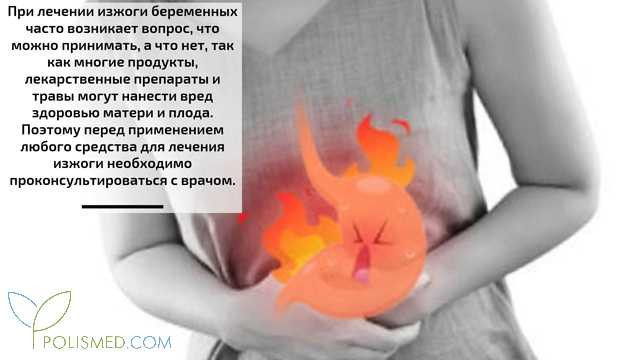 Sleep on a firm mattress.
Sleep on a firm mattress. - For chest discomfort, wear a special bra that supports enlarged breasts.
- For constipation, eat more fiber-rich foods such as wheat bran and fresh vegetables and fruits.
- If you suffer from headaches and mood swings, try stress reduction techniques such as yoga or meditation.
- Be outdoors more often, at least half an hour a day. This helps to reduce the symptoms of toxicosis, calm the nervous system.
- Maintain your daily physical activity for as long as it is convenient for you to perform certain activities.
- Eat a balanced diet with enough proteins, fats and carbohydrates.
Important! All these tips are advisory in nature, be sure to consult your doctor if you encounter discomfort.
What to do if you notice early signs of pregnancy
To make sure the signs of pregnancy are accurate, you can use the following methods to diagnose early pregnancy:
- Donate blood for hCG.
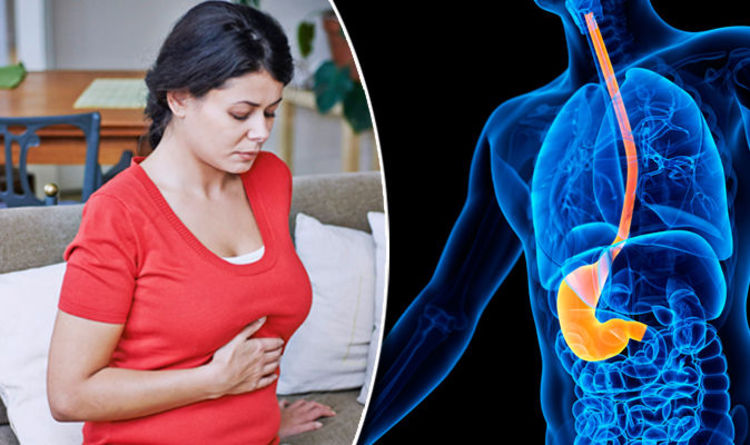 This method can be used a few days after conception. This type of pregnancy test is done using a small sample of blood that is analyzed in a hospital. It determines whether there is a pregnancy hormone in your body and in what quantity. Its accuracy is 99%.
This method can be used a few days after conception. This type of pregnancy test is done using a small sample of blood that is analyzed in a hospital. It determines whether there is a pregnancy hormone in your body and in what quantity. Its accuracy is 99%. - Use a test strip. It can be used at home from the first days of delay. To determine pregnancy, dip the reagent area of the test strip into the urine. Accuracy: 99%. You can buy Evitest or HomeTest test strips in our pharmacy.
- Use jet or electronic test. They can be used at home a few days before your expected period. You need to remove its protective cap, substitute the test under the stream of urine for 10 seconds, and after 3-5 minutes get the result. Accuracy: 97%. In our pharmacy you can buy Evitest or Alpe inkjet tests.
- Get your first ultrasound. You can use this method at 3-4 weeks from the start of a missed period.
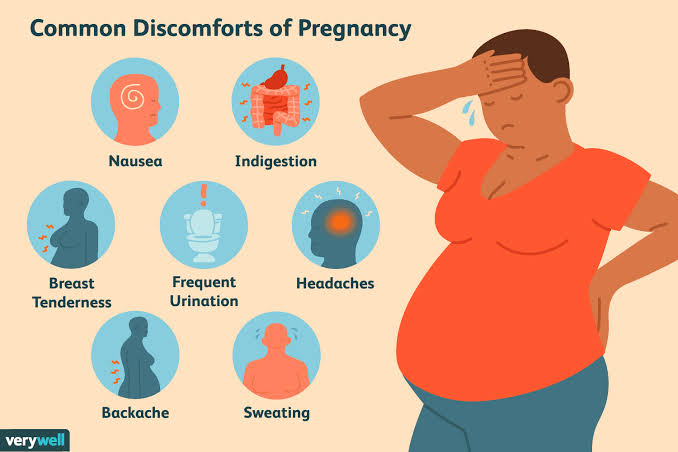 At this time, ultrasound will show the very fact of uterine pregnancy, and the place of attachment of the fetal egg is also determined. Accuracy: 100%.
At this time, ultrasound will show the very fact of uterine pregnancy, and the place of attachment of the fetal egg is also determined. Accuracy: 100%.
Help Doc.ua: you can make an appointment with a gynecologist on the website.
9 very first signs of pregnancy
It draws on salty and all the time I want to cry - you can find out about the onset of pregnancy before the appearance of the cherished strips on the test and the delay in menstruation. We analyze the early signs that indicate that a woman will soon become a mother.
What causes symptoms of pregnancy
The first signs of pregnancy are due to the body's reaction to the embryo and can vary significantly from woman to woman. But there are some of the most common symptoms that can be used to suspect conception even before a delay. These are nausea, which occurs more often in the morning, mood swings and increased sensitivity of the breast.
Signs of pregnancy before a delay generally resemble the manifestations of premenstrual syndrome, so girls often take them as a signal of the upcoming menstruation. Moreover, one of the typical precursors is spotting. But they are not caused by the rejection of the endometrium, as during menstruation, but by the implantation of the fetal egg into the uterus.
Moreover, one of the typical precursors is spotting. But they are not caused by the rejection of the endometrium, as during menstruation, but by the implantation of the fetal egg into the uterus.
How to understand that you are pregnant before the delay
Pregnancy in the first days after the embryo is attached to the uterine wall is rarely clinically manifested. Changes in well-being are usually noticed only by especially sensitive women who may complain of an unstable mood or toxicosis, although the latter often appears no earlier than the second week after fertilization.
A number of experts associate the feeling of pregnancy symptoms in the first days, first of all, with a psychological factor, without excluding the role of the hCG hormone synthesized by a fertilized egg.
The vast majority of pregnant women in the first week do not observe any new sensations and feel good. Some see increased pigmentation, "freckling" of the nipples and note an increase in the sensitivity of the breast.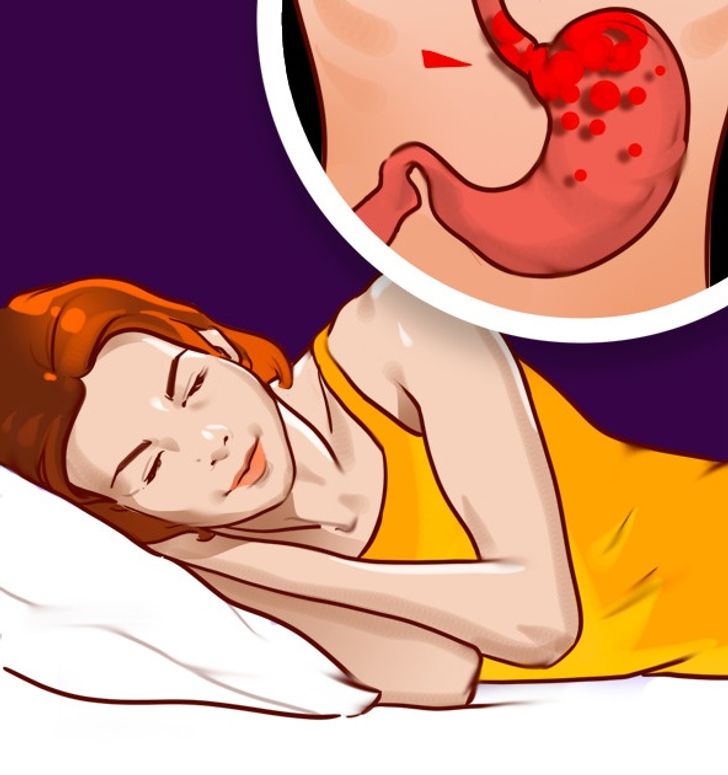
Possible signs of pregnancy in the early days:
- spotting from the vagina, which may be accompanied by mild pain in the lower abdomen;
- engorgement, soreness of the chest;
- fatigue, drowsiness;
- mood lability;
- delay of menstruation;
- bouts of nausea, which can provoke even smells, and not just food;
- frequent urination;
- heartburn, craving for certain foods or, conversely, aversion to any food;
- stool retention.
Pregnancy can be indicated not only by analyzes and tests, but also by some external manifestations. However, many of them are easily confused with other conditions - premenstrual syndrome, hormonal disruptions, infectious diseases. Our doctors can remotely help you interpret your symptoms and answer any questions about the normal course of your pregnancy.
Bleeding
Approximately 3 out of 10 women can find out that they are pregnant by unusual discharge and discomfort in the lower abdomen. This is nothing more than implantation bleeding that develops in the process of attaching the embryo to the uterus.
This is nothing more than implantation bleeding that develops in the process of attaching the embryo to the uterus.
The release of blood occurs due to damage to the vessels of the endometrium, the cells of which are dissolved by the enzymes of the embryo for its successful implantation. Normally, the volume of outgoing blood does not exceed 5 ml, so the discharge is smearing in nature and has a pinkish or brownish tint.
If bleeding occurs in the first 2 weeks of gestation, a woman may mistake them for menstruation and not even realize that she had a miscarriage.
Many people think that menstruation is coming, considering hormonal failure to be the culprit, and they are very surprised to find the gasket clean the next day. Implantation lasts about 40 hours and starts 5-7 days before the start of a new cycle.
Therefore, it seems to a woman that menstruation begins ahead of time. In fact, this fertilized egg is introduced into the uterine layer on the 3rd day after ovulation. The process may be accompanied by a pulling pain in the lower abdomen of low intensity.
The process may be accompanied by a pulling pain in the lower abdomen of low intensity.
If you believe the reviews, at this time there is often a metallic taste in the mouth and weakness in the body.
However, no more than a third of women can determine pregnancy before a delay by implantation bleeding. But it is from this moment that physiological changes begin in the body.
Important! Bleeding as a harbinger of pregnancy cannot be profuse, and the stomach should not be very painful. With severe spasms and heavy bleeding, you should consult a doctor to rule out spontaneous abortion (miscarriage) and ectopic pregnancy.
Breast engorgement and tenderness
You can understand that a girl is pregnant by the characteristic thickening and soreness of the mammary glands. Similar sensations are characteristic of PMS, but in pregnant women they are somewhat more pronounced. This is due to the sensitivity of the glandular breast tissue to any fluctuations in hormones due to its preparation for lactation.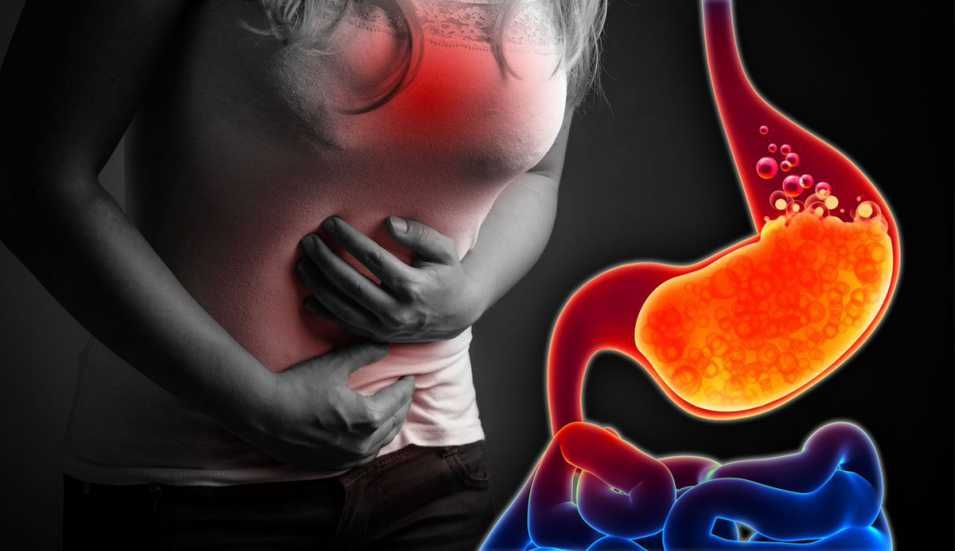
The pain soon passes, as the body gets used to the new hormonal status. However, for many women, the breasts gradually increase, so it is better to purchase a bra one size larger than usual in advance. It is also recommended to abandon lace underwear.
Sometimes the first sign of pregnancy after conception is, on the contrary, the absence of chest pain, whereas before they always appeared before menstruation. Thus, the endocrine system can also respond to hormonal changes.
If you look closely, then at an early stage of pregnancy you can see the darkening of the nipples. Note that the signs of conception from the chest are not always primary. Sometimes the increase and soreness of the mammary glands become noticeable only in the later stages.
Easy fatigue and drowsiness
It is impossible to determine pregnancy solely by this indicator, but it is included in the list of its typical symptoms. Especially suspicious will be constant fatigue in women who have not experienced fatigue during periods of PMS before.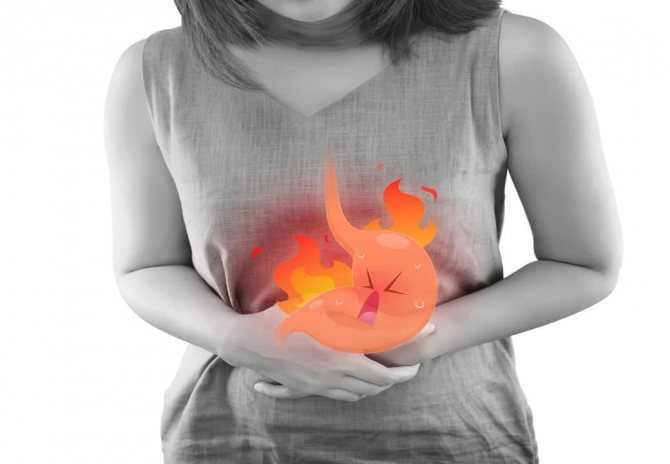
An annoying feeling of weakness should draw attention to itself. Girls often write about him on various forums, who early guessed about their “position” only thanks to their unusual fatigue.
Increased fatigue is due to the rapid growth of the fetus, which requires nutrition and energy. And all this is provided by the maternal organism, forced to restructure its work at a pace. Hence the lack of strength, drowsiness. If against their background there was also a delay, then you can go to the pharmacy for a test.
Case study:
A 22-year-old girl turned to a therapist with a complaint of constant fatigue that had been haunting her for the past week. Analyzes revealed an increased level of hCG, pregnancy 5.5 weeks.
Read also Why do you always want to sleep
Mood lability
You can find out about pregnancy before a delay by mood swings, which suddenly begin to change from euphoria to tears.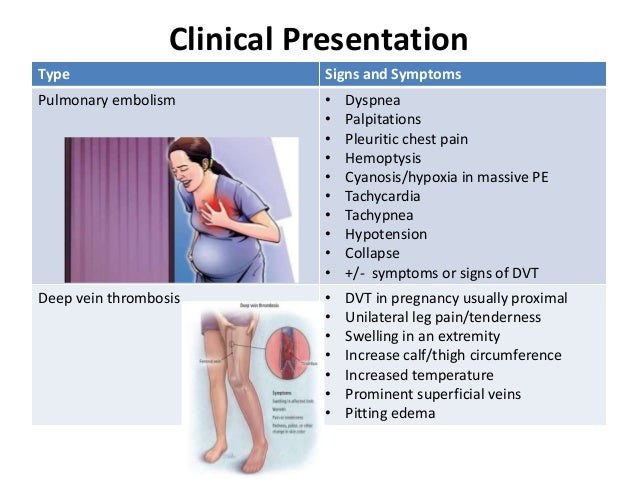 And this can happen several times a day. However, mood swings are also characteristic of the last days of the cycle and are not always a sign of pregnancy.
And this can happen several times a day. However, mood swings are also characteristic of the last days of the cycle and are not always a sign of pregnancy.
The hormonal background during the luteal - the second - phase of the cycle changes twice, and the hormone progesterone has a significant effect on the female psyche: it partly suppresses emotions, but gives instability to the perception of events that quickly succeed each other.
Suppressing the depth of the mother's emotions is necessary, and nature provides for this in order to keep the child in the womb. But it takes time to adapt the psyche, so the primary signs of pregnancy often include nervousness, tearfulness, absent-mindedness. Mood swings from excellent to very bad are typical.
But if PMS is more characterized by a tendency to depression, then pregnancy is manifested precisely by mood swings without aggravating any of the two polar states.
Important! Mood swings are associated with hormonal changes in the body of a pregnant woman. This symptom usually appears 10-12-1 days after fertilization.
This symptom usually appears 10-12-1 days after fertilization.
Delay
It is the delay in menstruation that is perhaps the most accurate symptom that a woman has become pregnant. But even here the guarantee is not one hundred percent, unless, of course, we are talking about a super regular cycle, when menstruation comes day after day.
However, even 1-2 days of delay may well be the first signs of pregnancy, so you should immediately take a test. But it is important to understand that a delay is still “officially” considered to be a delay of menstruation by 5 days or more. And here you should not completely trust home tests, since they do not always give accurate results in the early stages.
Delayed menstruation is one of the main signs of pregnancy, but it can also indicate other disorders in a woman's body. Our doctors will remotely help you deal with the symptoms and tell you what other tests you need to undergo if the pregnancy test is negative.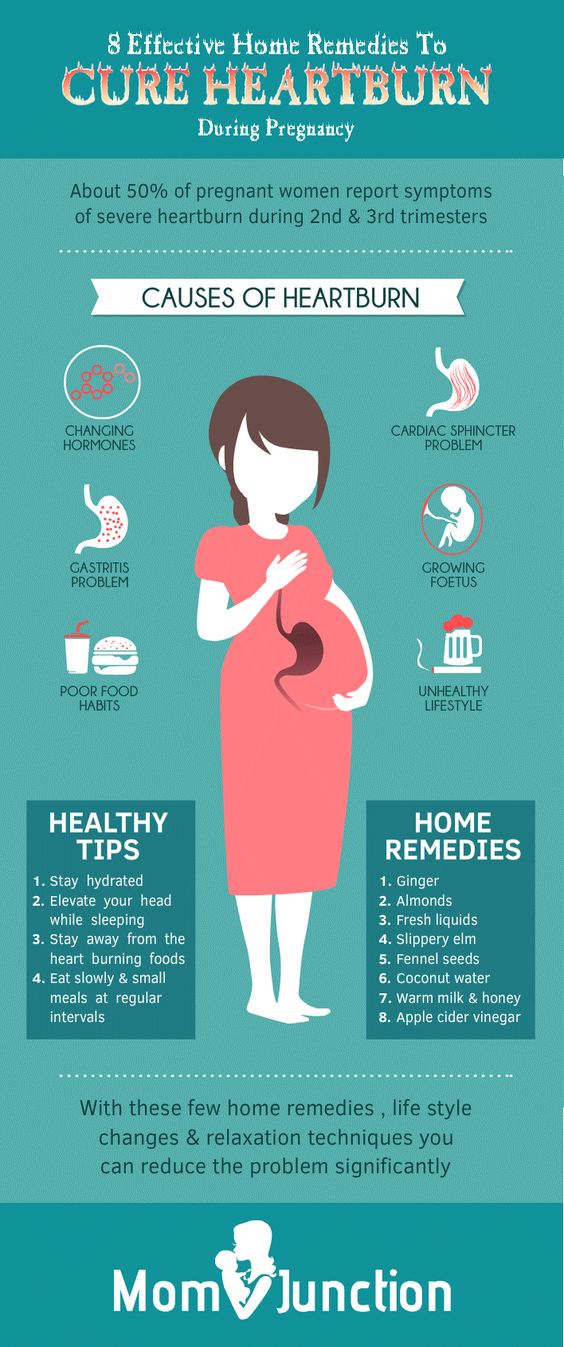
Nausea attacks
Nausea haunts almost all women, 85% of pregnant women feel sick at different intervals, but most often in the morning. Nausea often turns into vomiting, especially after eating. It can haunt the entire first trimester or appear from time to time.
The cause of nausea is the reaction of the body to the embryo as to a foreign body. Moreover, in some women it occurs with enviable regularity, often at the same time, while others only slightly and occasionally feel sick.
Early signs of conception may include increased salivation due to the influence of the hormone progesterone. Most often it disturbs at night, and in the morning a woman finds a wet pillow. Salivation is often combined with vomiting.
Attention! If you experience nausea, drink enough fluid to make up for the loss. You can minimize these pregnancy symptoms by eating small meals, not lying down after eating, and not gorging yourself at night.
Frequent urination
Frequent urination in a small way also often appear along with the first signs of pregnancy due to fluid retention in the body. Despite its small size, the uterus is already beginning to put pressure on the bladder.
The most important thing is not to reduce the amount of fluid you drink in order to run to the toilet less, otherwise there is a risk of dehydration!
Heartburn and new taste cravings
Strange desires for unusual food, eating a certain product in large quantities, aversion to any food - these are also typical symptoms of early pregnancy (and not only).
By the way, the desire to eat chalk or whitewash, lime often indicates a lack of calcium and other problems that are best addressed with a doctor.
As for heartburn, this is also the effect of progesterone, which relaxes the sphincter muscles between the stomach and esophagus. As a result, the contents of the stomach enter the esophagus, causing an unpleasant burning sensation behind the sternum.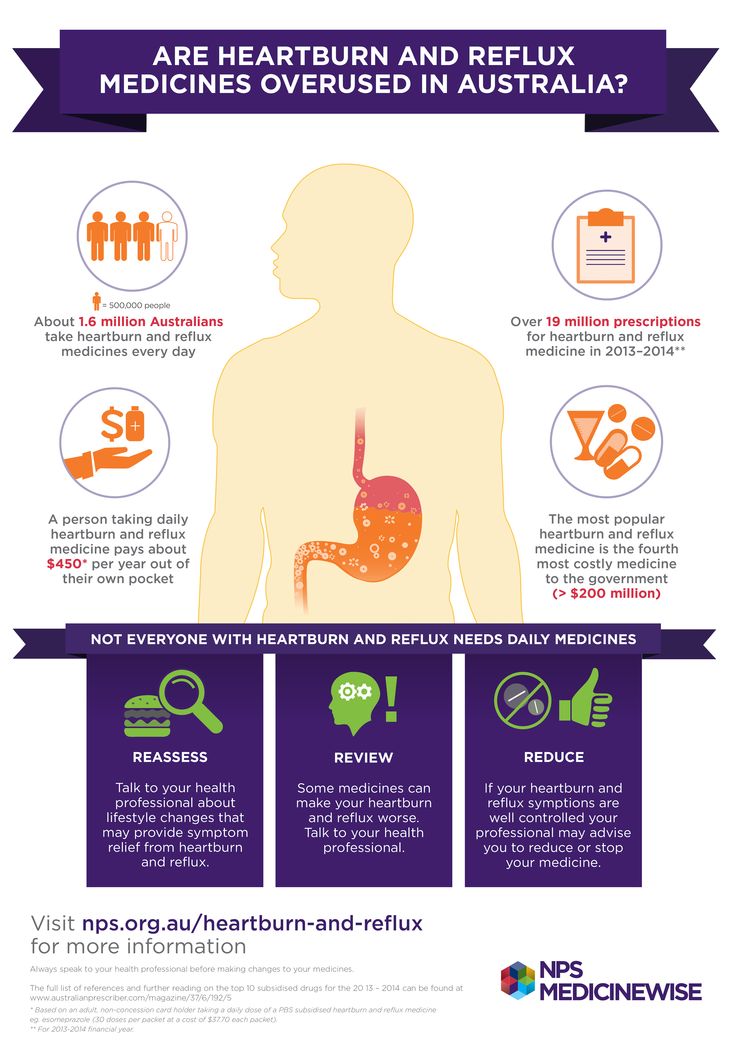
Concomitant symptoms of pregnancy may occur in women in varying degrees. This may be a variant of the norm, but it may be a signal that the pregnancy is not proceeding quite normally. Our doctors remotely help to understand the feelings of a woman and answer any questions about the course of pregnancy.
Delay chair
And again, progesterone, which has the ability to slow down intestinal motility. It is possible to distinguish constipation during pregnancy from the “usual” one by the time of its occurrence. With PMS, intestinal problems end 3-4 days before menstruation, as the corpus luteum ceases to exist, and progesterone synthesis is completed.
If these are the first symptoms of pregnancy, then stool retention lasts longer, along with heartburn.
Attention! The risk of constipation and flatulence is increased if a woman takes iron supplements.
All symptoms in early pregnancy in one table
| How many obstetric weeks | Symptoms |
| 1-4 | Mild abdominal cramps, increased white or milky discharge associated with the growth of cells that line the inside of the vagina; implantation bleeding |
| 4-5 | Fatigue |
| 4-6 (first month and a half) | Nausea, swelling and soreness of the breast; increased urination; bloating |
| 5-6 | Nausea, vomiting |
| 6 | unstable mood; weakness; dizziness |
Women experience these sensations during pregnancy to one degree or another, but in some they are mild and may even be absent.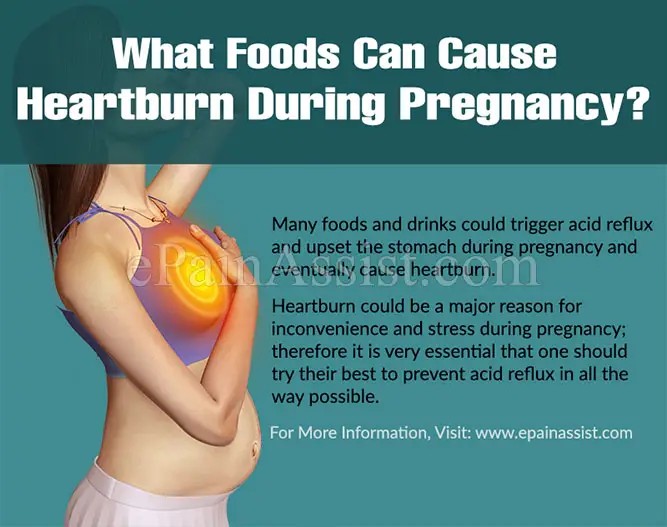
FAQ
Are there dizziness in early pregnancy?
+
It happens because of a decrease in blood pressure, which in pregnant women especially often decreases in the first months. The head may feel dizzy with a sudden movement or change of position.
When is the best time to take a pregnancy test?
+
Manufacturers advise using tests from the first day of a delay, but some ultra-sensitive systems are able to recognize signs of pregnancy before a missed period, 3-4 days in advance.
When can I go for an ultrasound?
+
The earliest period at which the embryo is visible is 5 obstetric weeks. That is, these 5 weeks must pass from the beginning of the last menstruation, counting from the first day. Simply put, you should go for an ultrasound no earlier than a week after the delay.
Why do pregnant women often get headaches?
+
Headaches are more often noted in the early stages, and they are mainly associated with hormonal changes.



